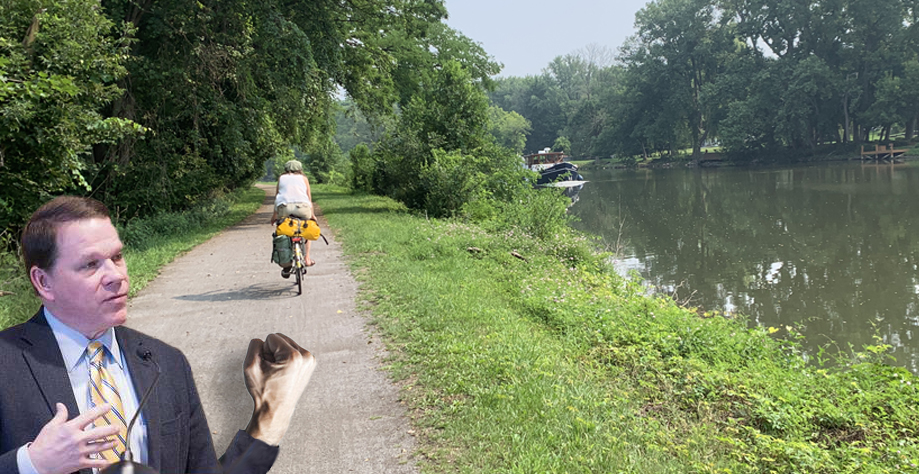If political pandering and bad economic policies have encouraged sprawl and an autocentric transportation system, better incentives can start to correct past mistakes. Here’s one place to start: the National Commission on Fiscal Responsibility and Reform report, released this Wednesday.
The report has plenty to make anyone squirm. As co-chair Alan Simpson said when he and co-chair Erskine Bowles released their co-chairs’ report last month, “We have harpooned every whale in the ocean and some of the minnows.”
Once unthinkable, even defense spending is recommended for massive cuts. Meanwhile, the rich would be in line for even bigger tax cuts than they’ve been enjoying these last few years.
Smart-growth advocates are most interested in the report’s recommendations on transportation funding and mortgage deductions. We reported last month that the co-chairs’ initial report floated the idea of eliminating the mortgage-interest deduction entirely. That would promote more compact and sustainable development by discouraging people from buying “as much house as they can,” but it would also cause significant pain for a lot of middle-income homeowners who calculated their domestic budgets based on that tax credit.
The full commission’s report took the middle ground: lowering the deduction cap for expensive primary homes and eliminating it entirely for second homes. Action like that would be a positive way to dis-incentivize irresponsible growth, given the sprawling nature of so many people’s “country” homes, not to mention the disproportionate number of wealthy people affected by that provision.
The commission also tackled transportation reform, saying, “Before asking taxpayers to pay more for roads, rail, bridges, and infrastructure, we must ensure existing funds are not wasted. The Commission recommends significant reforms to control federal highway spending.”
It suggests whipping the Highway Trust Fund into shape and keeping it from hemorrhaging money. How? By imposing a 15-cent gas tax hike, for one thing. (Somehow, all these proposals for fiscal sanity just keep coming back to that inevitable conclusion.) And they want to inject more discipline and accountability into highway spending policy.
And finally, that greatest of political lightning rods: eliminating all Congressional earmarks. Though, as has been repeated over and over in the current debate, earmarks account for less than half of one percent of the federal budget, the commission clearly sees it as a symbol of the restoration of fiscal discipline.
The commission isn't unanimous in its support for the recommendations in the report, which Congress may not take action on them. Meanwhile, Transportation for America has issued a call for the commission to stay strong in its support for a gas tax increase and to urge Congress to condition "any increase in revenue on a rewrite of a long term federal transportation bill."






